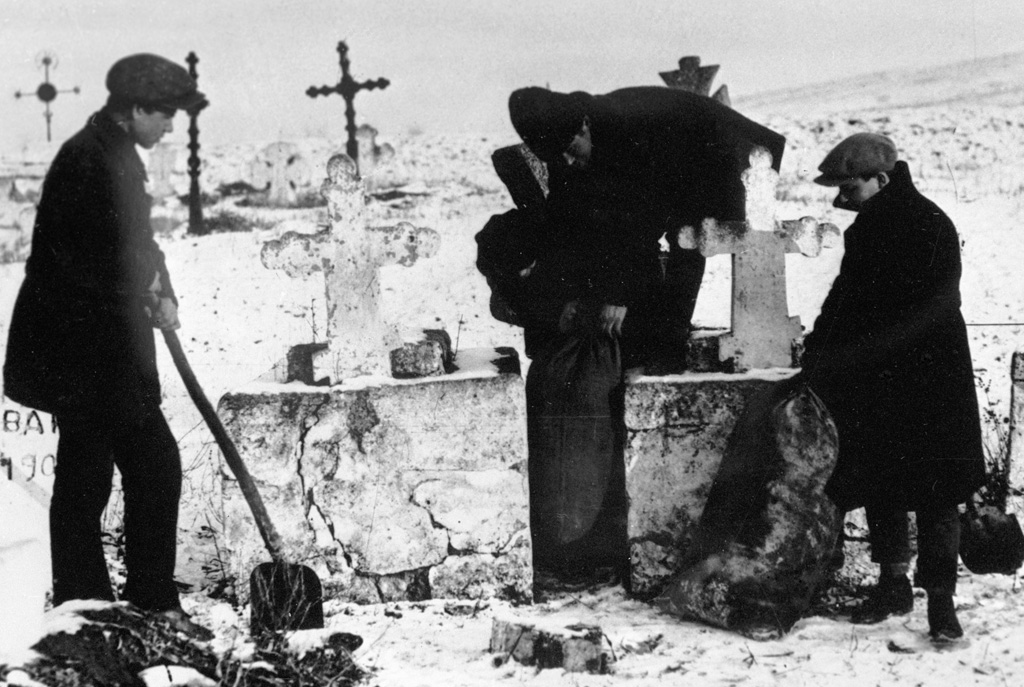Note that your final mark will not be saved in the system.
Context GapFill
You must fill all the gaps before clicking ‘Check Answers!’

The following quiz relates to Assessment Objective 3 (AO3).
George Orwell submitted his novella for publication in , but it was initially rejected by at Faber and Faber because its political message was at odds with the wartime effort. Orwell was concerned that the British were presenting an inaccurate picture of Stalin's Russia as a true socialist and that this misinformation could damage the wider reputation of socialism itself. The form was employed in order that Orwell could communicate his message as simply as possible to a wide audience. The choice of a farm as the setting also may have complemented the wartime efforts on , giving the story more contemporary relevance. However, most readers understood that the story was an allegory about the history of .
The narrative draws close parallels with the Revolution in Russia: while Napoleon's exiling of Snowball echoes Stalin's persecution of Trotsky, Napoleon also mimics Stalin's treatment of Trotsky in using Snowball as an excuse for his . Orwell's relatively sympathetic portrayal of Snowball may also stem from his allegiance to a Trotsky-inspired faction during the .
Orwell's egalitarian politics may seem surprising as he was educated at . However, the snobbery he experienced there and his childhood experience of British Imperialist rule in clearly shaped his later political convictions. His political concerns in Animal Farm would prove chillingly accurate, as testified to by Stalin's subsequent purge of over Russian citizens.